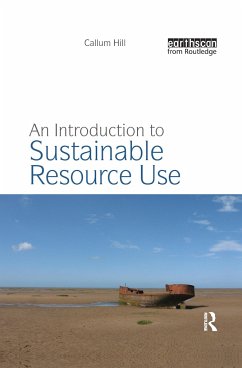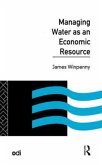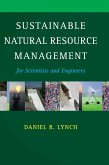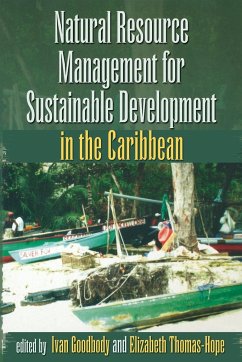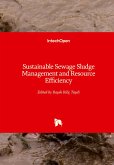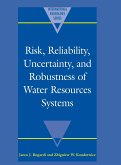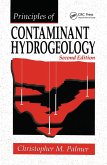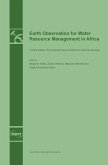This book explores the challenges our society faces in making the transition to renewable resource use in a way that is truly sustainable - environmentally, economically and socially. After exploring the physical limits the laws of thermodynamics impose on resource exploitation, the book outlines options for managing resources within these limits. It then moves on to look at the resources themselves (from fossil fuels, through minerals to renewable resources such as timber) and the salient question of how the relentless increase in consumption is putting untenable strain on resource use. Case studies investigate what is being done across a range of sectors - and what is and isn't working. The second half of the book turns to solutions, from the promise of industrial ecology to a new economy based on renewable resources such as biobased materials from agricultural crops and forests. Suitable for under- and postgraduate courses on environmental limits and resource use, and continuing professional development - particularly resource management, materials, industrial ecology, energy, resource economics and engineering.
Hinweis: Dieser Artikel kann nur an eine deutsche Lieferadresse ausgeliefert werden.
Hinweis: Dieser Artikel kann nur an eine deutsche Lieferadresse ausgeliefert werden.

